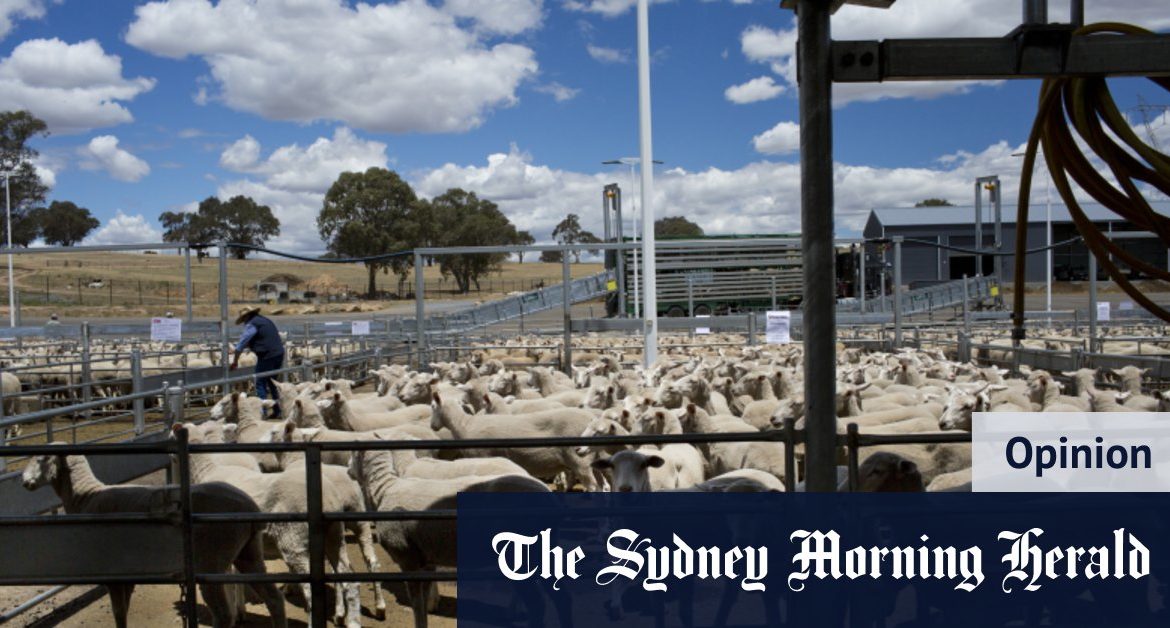At retirement, if you sell your home, you may make downsizer contributions at any age.
My question is about the super cap of $1.6 million. I am 62 and retired since age 55 on a state government defined-benefit super scheme. I have worked both full and part-time in the intervening years, building up additional super (as well as paying off my mortgage). My defined-benefit super is “valued” at $945,000 for the purpose of the cap. I have another $282,000 in two different super accounts. I am due to receive a significant sum from my parents’ estate. I would like to add it to my super (in the main account) and convert it to pension mode to eliminate the tax paid on its earnings. I will have a small balance in the second account still in the accumulation phase, in case I do further casual work. My question is about the timing of the valuation for the purposes of the $1.6 million cap. If I contribute enough of the inheritance so that the total approaches the cap (say to $1.55 million), then if I do any further work, will the investment earnings in the larger account be used in a recalculation of the cap? Could working for five days, earning $1500 and its super contribution, theoretically put me above the cap when the fund earnings are added? It would be unfortunate if approaching the $1.6 million cap meant that I could no longer work. HB.
You have a Total Superannuation Balance (TSB) – the sum of all your super benefits – of $1.22 million.
The most you can contribute this financial year is by “bringing forward” three years’ worth of non-concessional contributions i.e. $300,000, and also claiming the maximum deductible $25,000 concessional contribution, which would take you up to the $1.55 million figure you note.
Remember that if your TSB is higher than $1.6 million, you cannot make any more non-concessional contributions. If it is between $1.5 million and $1.6 million, you can only contribute $100,000. If it is between $1.4 million and $1.5 million, you only “bring forward” two years of contributions, or $200,000. Below $1.4 million, you can make the full three-year “bring forward” contribution of $300,000.
It’s important to note that your TSB is measured at June 30, 2020. Given the rise in sharemarkets since then, you will probably find that your TSB may have jumped by June 30, 2021 so you will need to take stock and estimate the total value of your super benefits in early June.
Loading
If you should find that the jump takes them to between $1.4 million and $1.6 million, it will restrict your super contributions in 2021-2022.
Note that just because you may roll over $1.6 million into retirement phase pensions, there is nothing to stop you from continuing to work and receiving concessional contributions into an accumulation fund, where the money is taxed at a concessional rate of 15 per cent. You will simply not be able to roll more than $1.6 million of that excess money into a tax-free pension, nor add any non-concessional contributions.
If you enjoy your work, keep working. There is more to life than minimising tax!
My daughter is to receive a $400,000 inheritance. She is a student living at home and receives a Youth Allowance. She would like to ensure that the inheritance money grows. Should she buy a flat and rent it out, buy shares or put it in the bank? What would you choose? MC.
My personal choice would be to buy a property in a good location that is not overpriced i.e. the “worst unit in the best block” or “the worst house in the best street”.
I suggest she lives in it for a few months to establish ownership (I assume she is over 18, if under 18 talk to a lawyer) and she can then move home for the next six years and still sell it within that period, if that desire emerges, without Capital Gains Tax.
You will need to consider the effect on her Youth Allowance. If classified as being independent with personal assets, then as a single homeowner, she loses the allowance if assets exceed $268,000. However, the long-term strategy should outweigh the short-term loss of the allowance.
If you have a question for George Cochrane, send it to Personal Investment, PO Box 3001, Tamarama, NSW, 2026. Helplines: Australian Financial Complaints Authority, 1800 931 678; Centrelink pensions 13 23 00. All letters answered.
Most Viewed in Money
Loading







